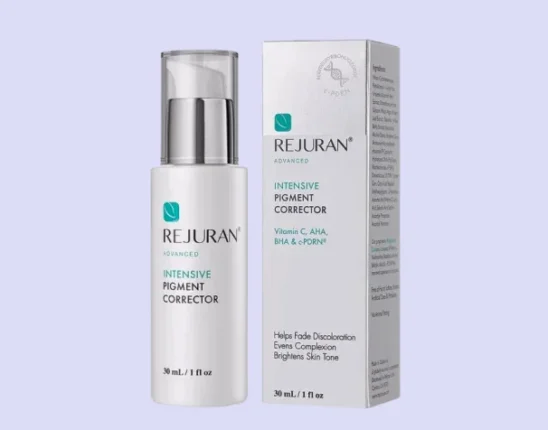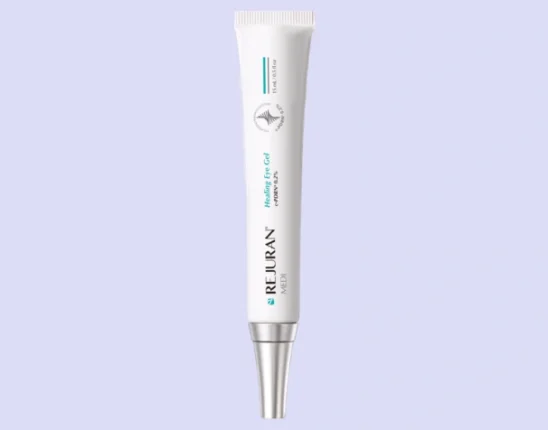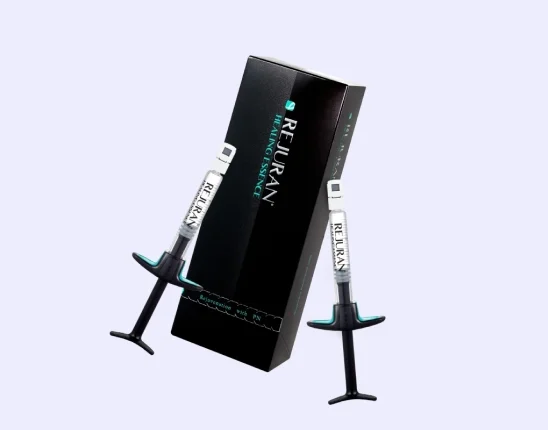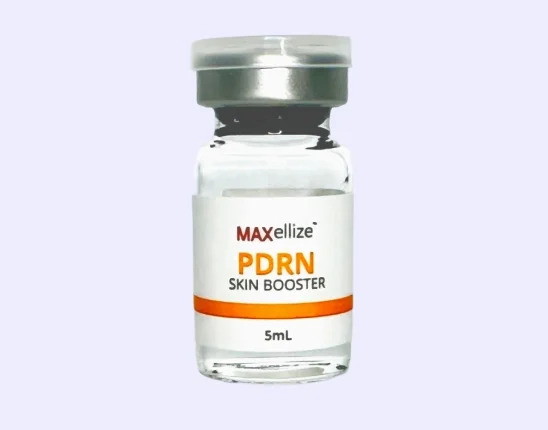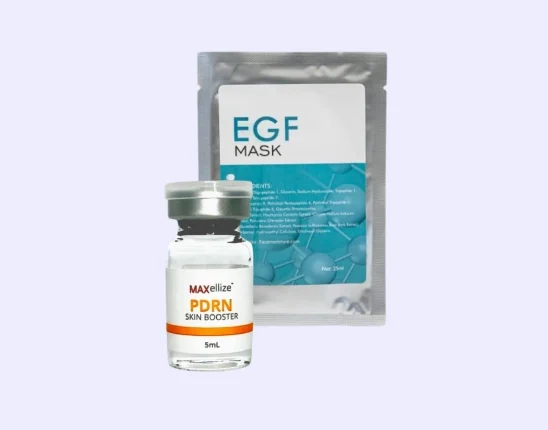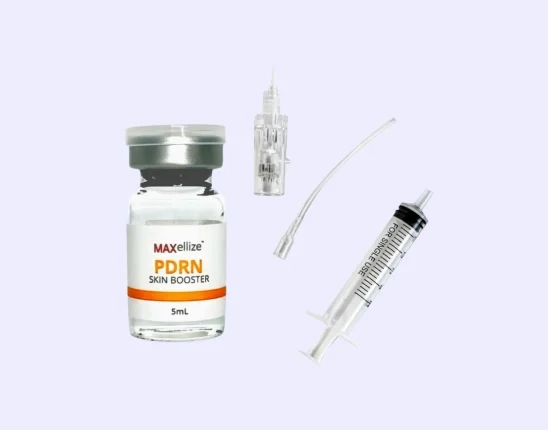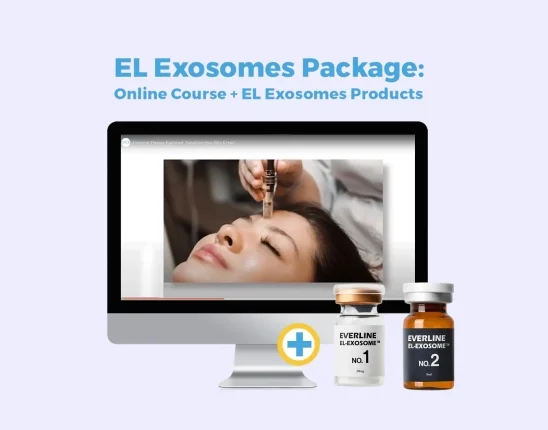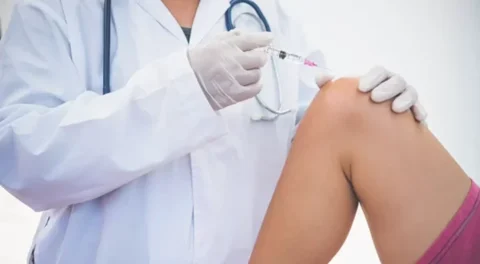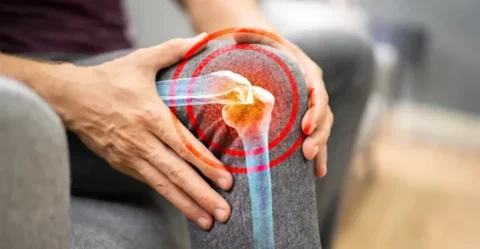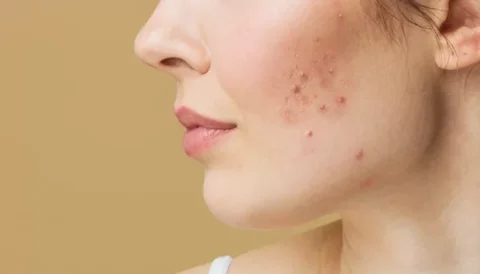Lupus is an aggressive condition that can often manifest in plenty of symptoms, including hair loss. And while this may not be the most serious manifestation of the disease, it’s something that many patients often feel self-conscious about, even after their condition has been treated. Given the complexity of treating lupus, cosmetic solutions for hair loss can be hard to come by. One particular treatment that’s been given a lot of attention is PRP injections, for their rejuvenating effects on the skin.
But what exactly can PRP therapy do for lupus patients suffering from hair loss? While PRP therapy has shown some success in limited studies with hair regrowth and slowing down future hair loss, lupus patients shouldn’t use PRP treatment at all for their hair regrowth. However, there are other options that they can consider to help mitigate their hair loss, but only if their underlying condition has been managed.
Why Lupus Patients Can’t Take PRP Injections
Lupus is a complex autoimmune disease that can affect the composition of your body’s blood cells. Because of the nature of autoimmune diseases, medical professionals and providers are very careful about using treatments that can affect this composition. Any adjustments to your leukocytes (white blood cells) can drastically affect how your body can manage the symptoms of your condition.
PRP treatments are contraindicated in patients with lupus since PRP injections rely on the body’s own blood supply – and how healthy your blood is will determine the potency of your PRP solution. Additionally, the overall effects and how PRP treatments work are still a subject of study for many professionals, which is why it’s generally recommended as an exploratory treatment.
This isn’t to say that PRP doesn’t work. There are promising results about how PRP treatments can give significant short-term and visible results for patients with different types of hair loss like androgenic alopecia and telogen effluvium. However, these results need to be replicated on a larger scale before being considered a safe and staple treatment for hair loss – something that lupus patients need a guarantee because of their condition.
Why Consider PRP Treatments for Hair Loss
Given that there are other ways to revitalize and regrow hair, such as products like topical minoxidil, some may wonder what makes PRP therapy advantageous for hair loss. Here are a few reasons:
1) It’s Non-invasive
One of the primary reasons why patients choose PRP treatments for hair loss is that compared to methods like hair transplantation surgery is that it doesn’t tax the skin. There are no incisions or grafting required to get the results that you want, and all you need is a sample of your own blood to get the process started.
Non-invasive treatments also mean that the body won’t need to heal itself from your hair rejuvenation treatment, which is usually the primary concern of most patients undergoing treatments for hair loss. With minimal downtime and little to no post-procedure aftercare required, it’s easier for patients to deal with PRP injections overall.
2) It Uses Your Body’s Own Cells
One issue that can often make hair growth treatments difficult is that a lot of the products used in these therapies are laboratory compounds that may not always be compatible with your body. Some products like Rogaine have specific formulations for men and women, which can limit how accessible this treatment can be for some patients. Adverse effects could occur when using these treatment options.
But since PRP injections use the body’s own cells for its primary ingredient, there’s little risk that you’ll experience any severe side effects. Most patients who’ve taken PRP for hair loss often report little to no side effects at all after their injections, and those who do get some reactions are easily treated with first-aid and some medication.
Platelet-rich plasma treatments also have a high degree of biocompatibility with your system, which allows it to be absorbed and distributed much faster. While the final efficacy of your treatment will vary from patient to patient, PRP injections having high biocompatibility can usually improve your results compared to other hair loss treatments.
3) It Has Other Benefits Aside From Hair Regrowth
Platelet-rich plasma injections are not new – they’ve traditionally been used for managing degenerative conditions and quality of life treatments like sports medicine. However, their recent pivot into more aesthetic applications doesn’t mean that their benefits are only cosmetic.
PRP treatments use the body’s own repair and regrowth response to encourage cell growth and repair damage – and this response doesn’t differentiate between conditions. It’s an excellent general treatment to help your body recover from the damage you get from degenerative conditions, sports injuries, or other events that can impact your quality of life.
While it may help you get hair growth, it can also help improve scalp health and make your skin more resilient overall.
4) It Can Be Used for Short and Long-Term Treatments
PRP treatments are flexible. In sports medicine, they’re usually applied right before and after sports events where injuries are a possibility, while degenerative disorders usually take PRP treatments long term to manage their conditions. With an experienced injector, the possibilities of your application are nearly endless.
However, it’s important to make sure that you are a suitable candidate for PRP injections. Since the process takes samples from your own body, your system should be robust and healthy enough to donate the platelets necessary for your PRP injections. This particular reason is why lupus patients can’t get PRP treatments, as their blood may not be in the best condition for processing into a pure PRP sample.
5) It Can Be Used With Other Treatments
PRP is non-invasive, biocompatible, and doesn’t use any additives that may potentially interfere with other medications/products – which means it can be used with other hair and skin rejuvenation treatments as well. For most patients, this allows them to have even better results with hair regrowth by combining PRP treatments with other products like PEP growth factor serums.
While PRP injections can be used safely with most treatments and serums, the full range of its interactions with medications (especially for ones with aggressive symptoms) isn’t fully understood. If you’re looking to use hair loss treatments with PRP therapy for any pre-existing conditions, you should clear out with your provider if you’re qualified to get them in the first place.
GET MEDICAL-GRADE BLOOD COLLECTION NEEDLES AT 20% OFF WITH CODE “20OFF” ON YOUR FIRST ORDER.
Stock up on blood collection needles and other medical and aesthetic supplies with FACE Med Store. Checkout today and get 20% off your order.
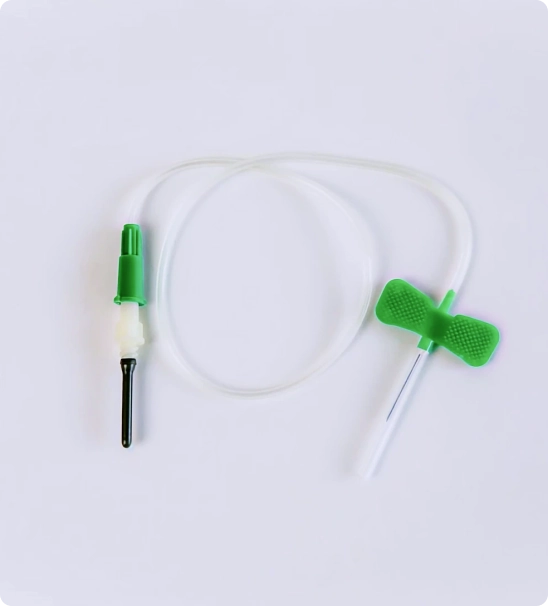
What Results Can I Expect From Going Through PRP Injections?
For lupus patients looking for hair regrowth treatments, PRP injections may seem like one of the best ways to get increased hair density and thickness without going through hair transplantation surgery. However, there are a few considerations that you need to keep in mind when using PRP treatments for hair loss:
Results Aren’t Guaranteed
The first thing that you need to understand about PRP treatments is that even in the best-case scenario, it’s difficult to tell whether you’d get any visible improvements at all. Patients will often have varying degrees of hair loss, and the effects of PRP treatment haven’t been refined enough to guarantee that you’ll get drastic results.
Results May Vary
While the base process for extracting and then creating the PRP solution is more or less the same with all providers, there are things that they can add to your serum that can change the effects of your treatment. Adding that a significant part of how effective your results will be relying on your own platelet sample, your results may be very different compared to other people who went through the same round of injections.
Results Aren’t Always Permanent
Your body naturally loses hair as you grow older. Patients can receive PRP treatments to restore lost hair, but that doesn’t protect them from other conditions that can cause hair loss like aging and androgenetic alopecia. It’s possible to counteract this by keeping up PRP treatments indefinitely, but there are a lot of factors that can affect how long your results last.
What Options Do Lupus Patients Have to Treat Hair Loss?
Given that PRP injections sometimes aren’t a safe option, lupus patients may wonder what to use to manage hair loss from their condition. There are two methods that medical professionals generally recommend to lupus patients to help manage their hair loss:
By Managing Lupus Itself
In most cases, the best thing that can help a lupus patient with any concerns about hair loss is to manage the symptoms of their condition itself. Autoimmune conditions usually target the body’s extraneous cells like hair – in the case of lupus, it causes excess inflammation of the skin and scalp that weakens the hair follicles and causes them to fall out. In extreme cases, it can even lead to scarring.
But with medication and management, it’s possible to minimize the symptoms of lupus to the point where natural hair growth can begin again. The efficacy of this method will vary depending on the patient, but overall it’s a reliable way to get back any lost hair from the initial symptoms of lupus.
Adjustments in Their Lupus Medication
In some cases, it’s actually the medications for lupus itself that can cause hair loss. This is particularly common in aggressive types of lupus that need stronger medications. Since lupus can cause hair loss and some medications can weaken hair follicles during their treatment, it’s possible that adjusting the medications for your lupus can help manage future hair loss.
However, this method should only be done with the approval of your doctor, as in some cases aggressive medication is needed to manage the initial symptoms of your lupus. If your condition has already stabilized to the point where it can be managed without too much medication, then your hair should also grow back.
Get Medical Grade Tools and Equipment From FACE Med Store
While conditions like lupus can cause hair loss in a patient, most providers typically advise that you concentrate first on your lupus medications before tackling cosmetic concerns like hair loss. As for PRP treatments for lupus patients – while they can help with many of the cosmetic and medical concerns that are commonly associated with the symptoms of lupus, they can’t be used for lupus patients. Since PRP injections are contraindicated with lupus patients, you’re better off looking for another hair growth option if you want to treat hair loss.
As a long-term provider of medical-grade tools and supplies, FACE Med Store has been a trusted partner for anyone looking for the best equipment for their cosmetic and medical treatment. We make sure that our products are medical-grade without having high costs, which makes treatment options more accessible and affordable.
For more information about us and our products, visit our website today.

